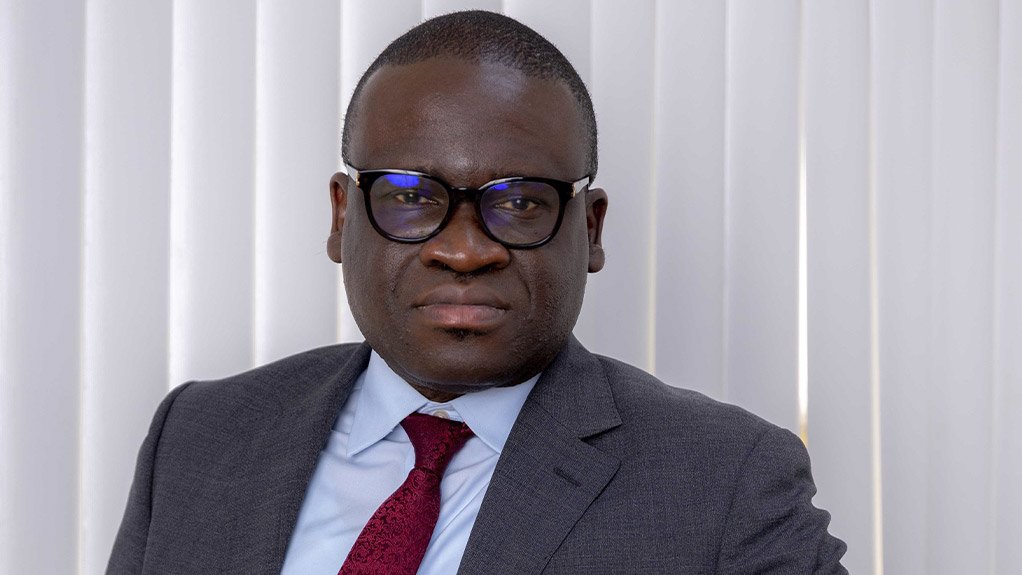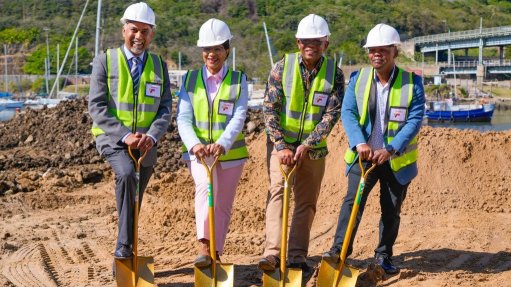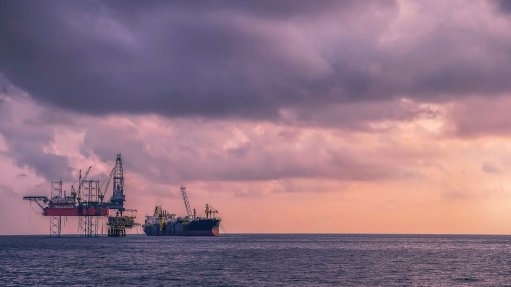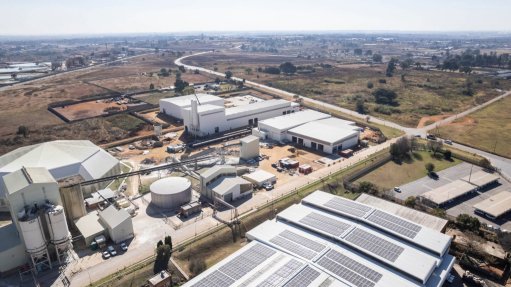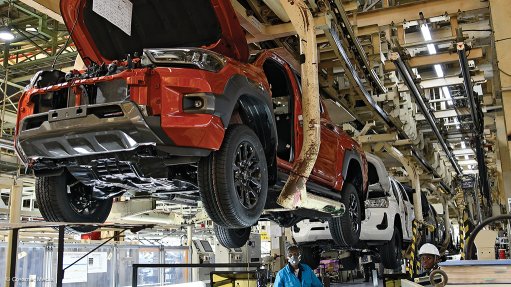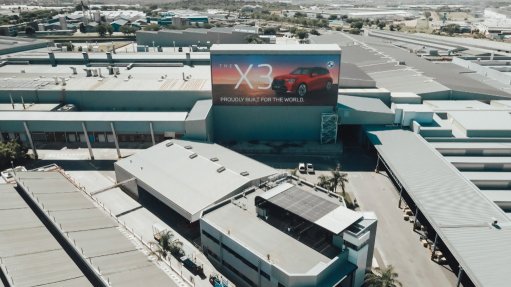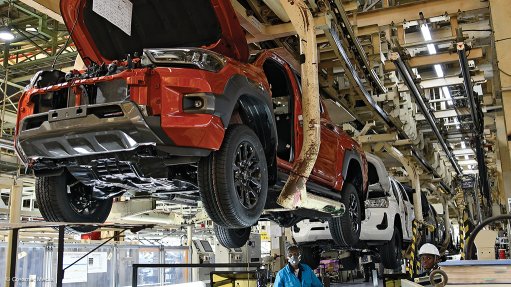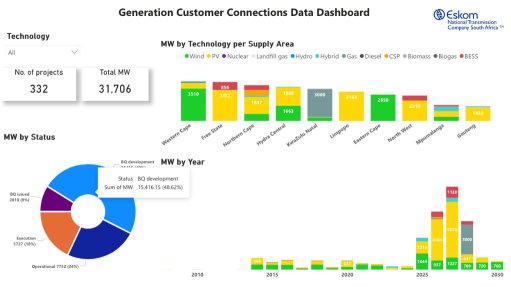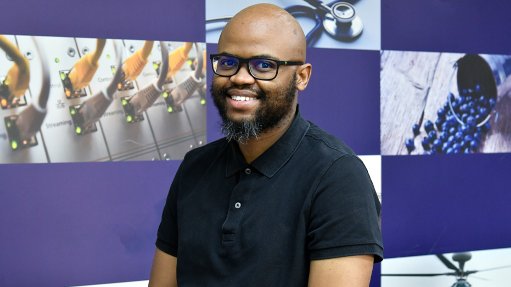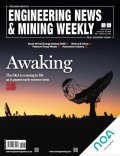How access to electricity can speed up community potential and growth
This article has been supplied.
By Ajibola Akindele, Country President, Nigeria, Schneider Electric West Africa
It is in our very nature to take things for granted. Cooked food on our table and our favourite TV series, all with the flick of switch. We rarely think how lucky we are to have to electricity to provide us with our creature comforts.
Access to electricity increases opportunity, improves health, productivity and the standard of living. It powers devices that make daily living more efficient, freeing-up populations’ time to grow the economy in other more creative ways.
Electricity is an essential part of innovation, progress and life. Without it we have staggering loss of potential.
In West Africa, access to reliable electricity is a fundamental necessity for our communities to thrive. Without reliable power, essential activities such as running small businesses, storing perishable goods, accessing information through technology, and even carrying out basic household tasks become immensely challenging.
Lack of electricity hinders the region’s economic, agricultural productivity, restricts job opportunities, and limits access to vital services such as healthcare and education. Additionally, it perpetuates a cycle of poverty by impeding the adoption of modern technologies and stifling the potential.
The stumbling blocks
Considering the above, what is perpetuating West Africa and more particularly Nigeria’s current reliable energy provision challenges?
For one, is the lack of grid of grid infrastructure. Unlike urban areas, many rural communities simply haven't been connected to the national electricity grid. This historical neglect leaves them entirely reliant on alternative, often unreliable, sources of power.
Compounding the above, is the cost of extending national grid to these rural communities. Difficult terrain, sparse population density, and limited economic activity make grid expansion financially unattractive for traditional power companies.
Furthermore, investment in infrastructure development and maintenance is often prioritised for urban areas, leaving rural areas with outdated or poorly maintained transmission and distribution lines. This translates to frequent outages and voltage fluctuations
And even in instances where the national grid reaches closer to rural areas, the distance between communities and power generation plants can lead to significant transmission losses. This means even if they're technically connected, the available electricity may be insufficient or unstable.
Lastly, limited access to information and education about alternative energy solutions can hinder rural communities from exploring options like solar power or microgrids.
Surefire solutions
The good news is that like many of our counterparts across continent and even the globe, West Africa is looking to alternative energy resources to accelerate solutions to overcome some of the abovementioned challenges.
- Microgrids, which serve as independent power systems that generate electricity for a localised area using renewable sources like solar panels, wind turbines, or biogas hybridised with energy storage.
Importantly, microgrids provide reliable and clean power to off-grid communities, fostering economic activity, improving social well-being and a more sustainable and cost-effective alternative to expensive fossil-fuel generators.
- Mini-hydropower plants which utilise flowing water from rivers or streams to generate electricity for nearby communities. Mini hydropower offers a clean and renewable energy source in areas with suitable water resources.
- Solar home systems (SHS) are stand-alone photovoltaic (PV) solar systems that offer a cost-effective mode of supplying amenity power for lighting and appliances to remote homes, Micro, Small and Medium Scale Enterprises (MSME's), schools, hospitals particularly in peri-urban and off-grid communities.
Looking at the tangible benefits, microgrids and solar solutions bring reliable power to businesses, boosting productivity, sales, and job creation. This fosters a vibrant local economy as businesses expand and reduce reliance on outside resources.
Additionally, lower energy costs from solar free up funds for businesses to reinvest in growth or social services. Entrepreneurship flourishes as new markets emerge for installation, maintenance, and equipment related to these clean energy solutions.
Investing in renewable energy resources is an investment in the future of Africa. By providing reliable and sustainable energy to these communities, we improve quality of life through lighting for homes and public spaces, promoting safety, and fostering social inclusion. This investment also unlocks their true potential for growth, prosperity, and a brighter tomorrow.
Finally, these clean energy solutions reduce reliance on fossil fuels, combating climate change and promoting a sustainable future.
Article Enquiry
Email Article
Save Article
Feedback
To advertise email advertising@creamermedia.co.za or click here
Comments
Press Office
Announcements
What's On
Subscribe to improve your user experience...
Option 1 (equivalent of R125 a month):
Receive a weekly copy of Creamer Media's Engineering News & Mining Weekly magazine
(print copy for those in South Africa and e-magazine for those outside of South Africa)
Receive daily email newsletters
Access to full search results
Access archive of magazine back copies
Access to Projects in Progress
Access to ONE Research Report of your choice in PDF format
Option 2 (equivalent of R375 a month):
All benefits from Option 1
PLUS
Access to Creamer Media's Research Channel Africa for ALL Research Reports, in PDF format, on various industrial and mining sectors
including Electricity; Water; Energy Transition; Hydrogen; Roads, Rail and Ports; Coal; Gold; Platinum; Battery Metals; etc.
Already a subscriber?
Forgotten your password?
Receive weekly copy of Creamer Media's Engineering News & Mining Weekly magazine (print copy for those in South Africa and e-magazine for those outside of South Africa)
➕
Recieve daily email newsletters
➕
Access to full search results
➕
Access archive of magazine back copies
➕
Access to Projects in Progress
➕
Access to ONE Research Report of your choice in PDF format
RESEARCH CHANNEL AFRICA
R4500 (equivalent of R375 a month)
SUBSCRIBEAll benefits from Option 1
➕
Access to Creamer Media's Research Channel Africa for ALL Research Reports on various industrial and mining sectors, in PDF format, including on:
Electricity
➕
Water
➕
Energy Transition
➕
Hydrogen
➕
Roads, Rail and Ports
➕
Coal
➕
Gold
➕
Platinum
➕
Battery Metals
➕
etc.
Receive all benefits from Option 1 or Option 2 delivered to numerous people at your company
➕
Multiple User names and Passwords for simultaneous log-ins
➕
Intranet integration access to all in your organisation



